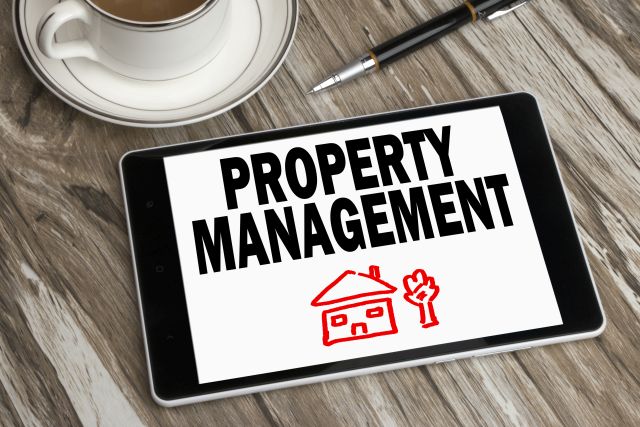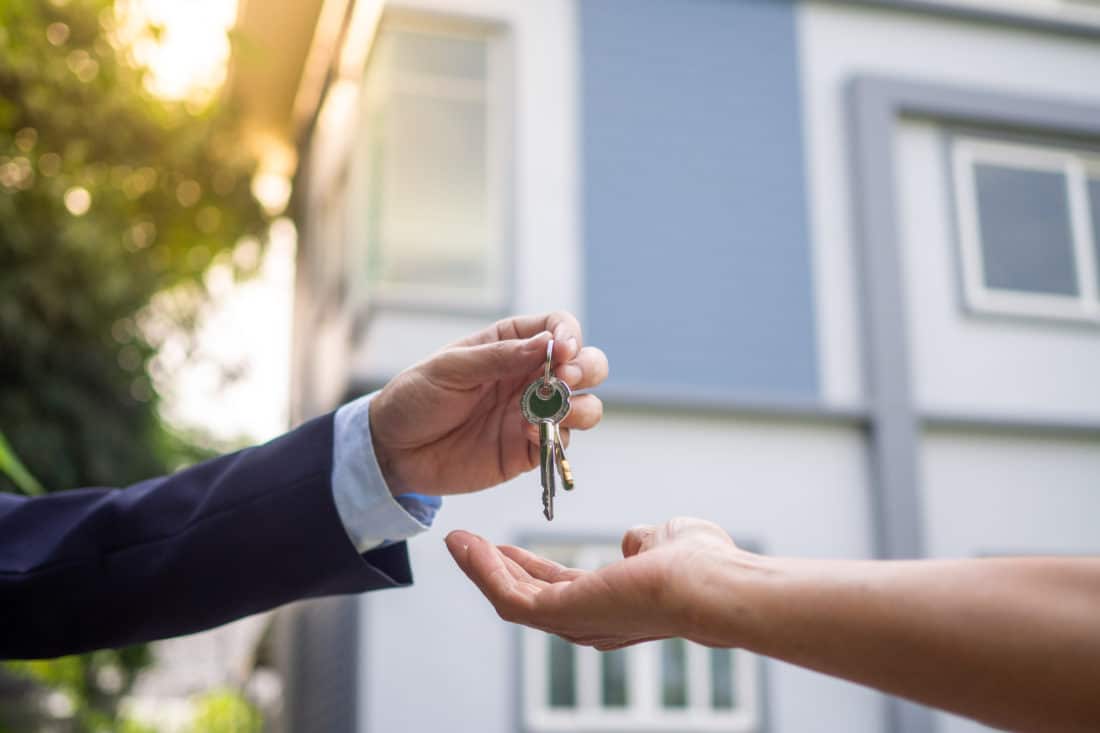Property management in Australia is a multifaceted task that involves overseeing the day-to-day operations of rental properties. Whether you’re a seasoned investor or a first-time landlord, understanding the nuances of property management in Australia can help you maximize your returns and ensure a smooth operation. Here’s a comprehensive guide on how to handle property management effectively.
-
Understand the Legal Landscape
Australia has specific regulations and laws governing property management. These laws can vary between states and territories, so it’s crucial to familiarize yourself with the local legislation. Key areas to focus on include:
Residential Tenancies Acts: Each state and territory has its own act outlining the rights and responsibilities of landlords and tenants.
Bond and Rent Regulations: Learn about the rules regarding security deposits and rent control.
Property Standards: Ensure your property meets the required safety and maintenance standards.
Consulting with a property lawyer or local property management expert can help you navigate these regulations.
-
Choose the Right Property Management Service
Many property owners opt to hire a professional property management company to handle the complexities of rental management. When selecting a property manager, consider:
Experience and Reputation: Look for a company with a solid track record in managing properties similar to yours.
Services Offered: Ensure they offer comprehensive services, including tenant screening, rent collection, maintenance management, and legal compliance.
Fees: Compare management fees and services included to find the best value for your investment.
-
Effective Tenant Screening
Selecting the right tenants is crucial to successful property management. A thorough tenant screening process can help you find reliable tenants and minimize risks. Key aspects to consider:
Background Checks: Verify the tenant’s rental history, creditworthiness, and employment status.
References: Contact previous landlords and personal references to gain insights into the tenant’s reliability.
Lease Agreements: Draft a clear and comprehensive lease agreement outlining all terms and conditions.
-
Maintenance and Repairs
Maintaining your property in good condition is essential for tenant satisfaction and long-term value. Implement a proactive approach to property maintenance:
Routine Inspections: Schedule regular inspections to identify and address maintenance issues early.
Emergency Repairs: Establish a system for handling urgent repair requests promptly.
Quality Contractors: Build relationships with reliable contractors and service providers to ensure quality repairs and maintenance.

-
Rent Collection and Financial Management
Efficient rent collection and financial management are vital for maximizing profitability:
Rent Collection Systems: Implement an automated system for collecting rent to streamline the process and reduce delays.
Record Keeping: Maintain detailed records of all financial transactions, including rent payments, expenses, and repairs.
Budgeting: Create a budget for property expenses and plan for future capital improvements.
-
Communication with Tenants
Clear and open communication with tenants helps foster a positive landlord-tenant relationship:
Accessibility: Make yourself or your property manager available for tenant queries and concerns.
Regular Updates: Keep tenants informed about property changes or upcoming maintenance.
Conflict Resolution: Address any issues or disputes professionally and promptly to maintain a harmonious living environment.
-
Stay Informed
The property management landscape is constantly evolving, with changes in regulations, market trends, and technology. Stay informed by:
Continuing Education: Participate in property management seminars, workshops, and training sessions.
Industry News: Follow property management news and updates to stay current with industry best practices.
Networking: Connect with other property owners and managers to share experiences and insights.
Handling property management in Australia requires a blend of legal knowledge, effective tenant management, and proactive maintenance. Whether you manage your properties yourself or hire a professional, focusing on these key areas will help you achieve successful property management and maximize your investment returns. By staying informed and addressing issues proactively, you can ensure a smooth and profitable property management experience.
















